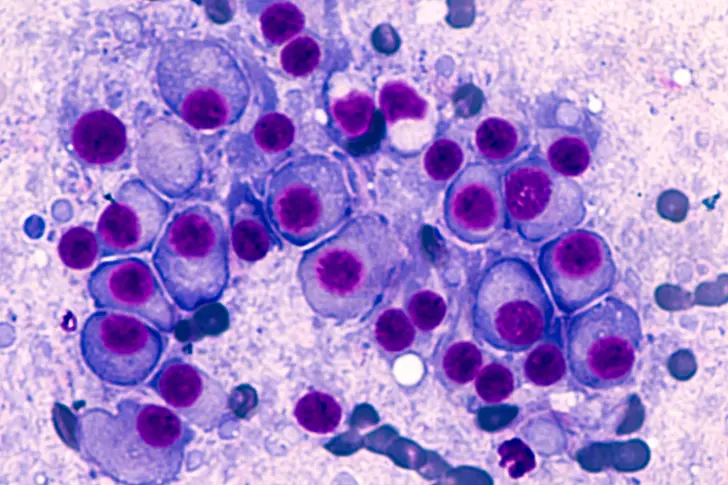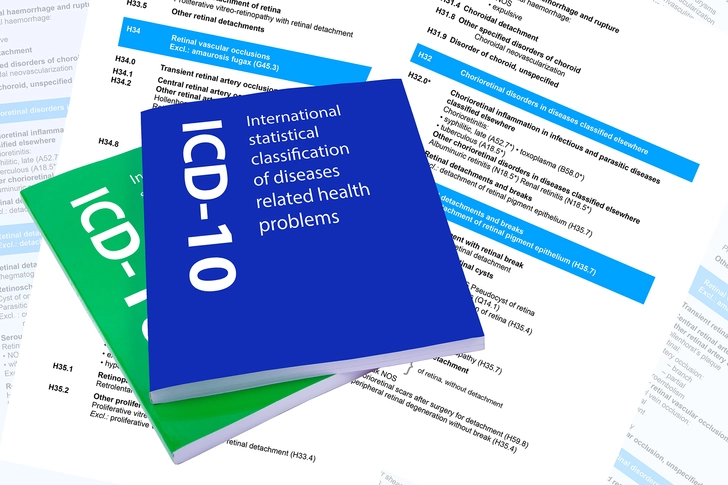Understanding Multiple Myeloma Remission


Understanding Multiple Myeloma Remission
Remission in multiple myeloma means the disease symptoms have decreased or disappeared, but it's not the same as being cured. Remission can be a period where you feel better but may still have some cancer cells, leading to future relapses.

How Doctors Check If You're in Remission

Types of Remission
There are several ways to measure improvement:
- Partial response: The cancer markers have dropped by at least half.
- Very good partial response: They've dropped by 90%.
- Complete response: No detectable cancer proteins in your tests.
- Stringent complete response: Even more detailed tests show no signs of cancer.
- MRD negative: The most sensitive tests can't find any cancer cells at all.

What Are ICD-10 Codes?
You might have heard of rankings for multiple myeloma remission and relapse called International Classification of Disease codes (ICD codes). Insurance companies use these to classify your remission for billing and reimbursement purposes.

How Long Remission Lasts
Everyone's different. Many people stay in their first remission for two years or more. Unfortunately, multiple myeloma tends to come and go, with periods where it's under control followed by times when it returns. That's why regular checkups are so important.

Impact on Patients and Caregivers
Understanding remission helps patients and caregivers set realistic expectations. It's crucial to stay informed and work together with health care providers to manage the condition effectively. This knowledge empowers you to make better decisions about your health and treatment.
PHOTO CREDITS:
Slide 1 : David A Litman / Shutterstock
Slide 2 : angellodeco / Shutterstock
Slide 3 : PeopleImages.com - Yuri A / Shutterstock
Slide 4 : pandpstock001 / Shutterstock
Slide 5 : fizkes / Shutterstock
Slide 6 : ORION PRODUCTION / Shutterstock
SOURCES:
National Cancer Institute: “Understanding Cancer Prognosis.”
HealthTree Foundation: “Normalcy and Myeloma Remission,” “Multiple Myeloma Remission.”
Cancer Research UK: “Tests for myeloma,” “Bone marrow test to check for myeloma,” “Types of myeloma.”
Leukemia & Lymphoma Society: “Understanding Multiple Myeloma And Laboratory Values.”
MedlinePlus: “Free Light Chains.”
Canadian Cancer Society: “Treatments for multiple myeloma.”
International Myeloma Foundation: “Treatments for Early Relapse.”